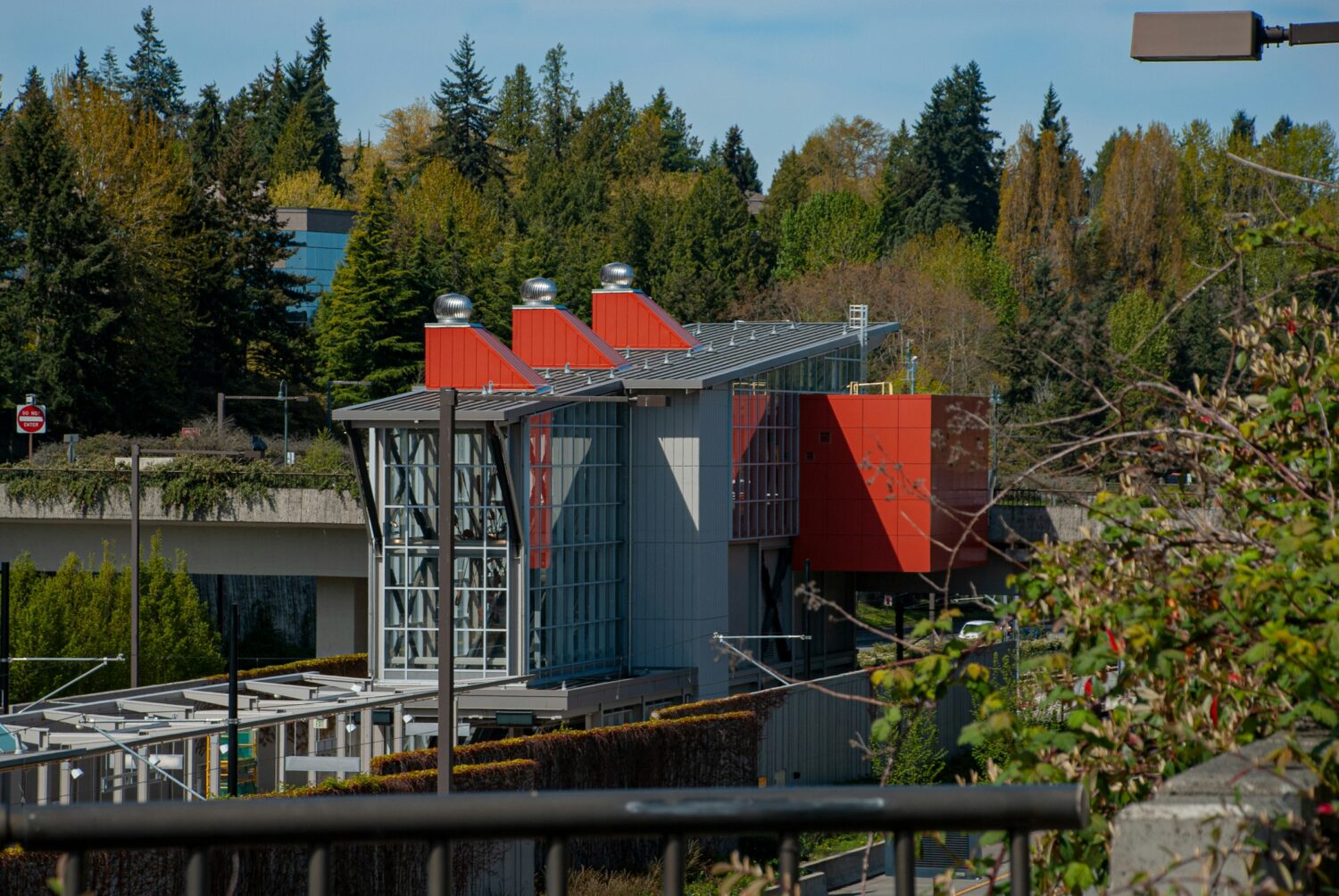Futurewise Wins Appeal of Mercer Island’s Comprehensive Plan, Setting Precedent for Statewide Implementation of Affordable Housing Policies
Last week, alongside Mercer Island residents Kian Bradley and Trevor Reed, we prevailed in our appeal with the Growth Management Hearings Board (GMHB) of the Mercer Island comprehensive plan.
Why this matters: This ruling is the first to test the implementation of state law HB 1220, setting precedent for other cases across Washington.
Throughout 2024, counties worked to finalize updates to their comprehensive plans under the Growth Management Act (GMA), which has undergone recent updates with new state laws like HB 1110 and HB 1220, that we had yet to see tested in implementation.
What 1220 did
Passed in 2021 to address the housing and affordability crises, HB 1220 updated the GMA to require all cities and counties match zoning to accommodate the full range of incomes. This includes planning for very-low income, low-income, and moderately-low income households and considering their needs separately.
And every jurisdiction must do this, no one is exempt: everyone needs to do their part. Doing their part means zoning for a range of housing types from apartments to duplexes to single-family homes, as well as putting into place things like inclusionary zoning, infrastructure, and transit planning that demonstrates cities can support this full range of housing needs.
We are trying to create a framework where every city in Washington shares in the effort, and is prepared, zoned for, and resourced for the full range of people who want to live there.
Mercer Island is a great example of why laws like HB 1220 and the GMA can be so important – it’s a beautiful place that is transit-rich and has more light rail coming in, and it’s the kind of place that people want to live. Mercer Island also one of Washington’s wealthiest cities and most expensive housing markets, with a median household income of $190,985 and median home price of $1.68 million.
You can revisit our blog from February that lays out more details of our appeal, but our case contended that the plan violates state law by failing to determine if the city has adequate capacity for emergency shelters, transitional housing, emergency housing, and permanent supportive housing, fails to adequately increase housing capacity near the new light rail station, and fails to adopt actions that repair harms to Black, Indigenous and other People of Color households from racially exclusive land use policies.
The GMHB ruled in our favor on four out of the five issues raised in the appeal. Most importantly:
- The Hearings Board found that Mercer Island didn’t adequately plan for the housing needs – affordability or supply – particularly of lower-income people (about $111,000 for a family of four).
- The Hearings Board agreed with Futurewise’s contention that the Mercer Island comprehensive plan failed to complete a subarea plan for new housing and development around the light rail station.
When the East Link extension opens in 2026, with the Line 2 route connecting Seattle to the Eastside, it is expected to service 43,000 – 52,000 riders daily. Growth in housing demand on the east side continues to rise. Mercer Island is well positioned to handle this increase in demand, and plan in a way that supports diverse, affordable housing convenient to public transit.
What’s Next
Now, the city has 30 days to appeal the decision, or one year to make the needed corrections to their comprehensive plan.

